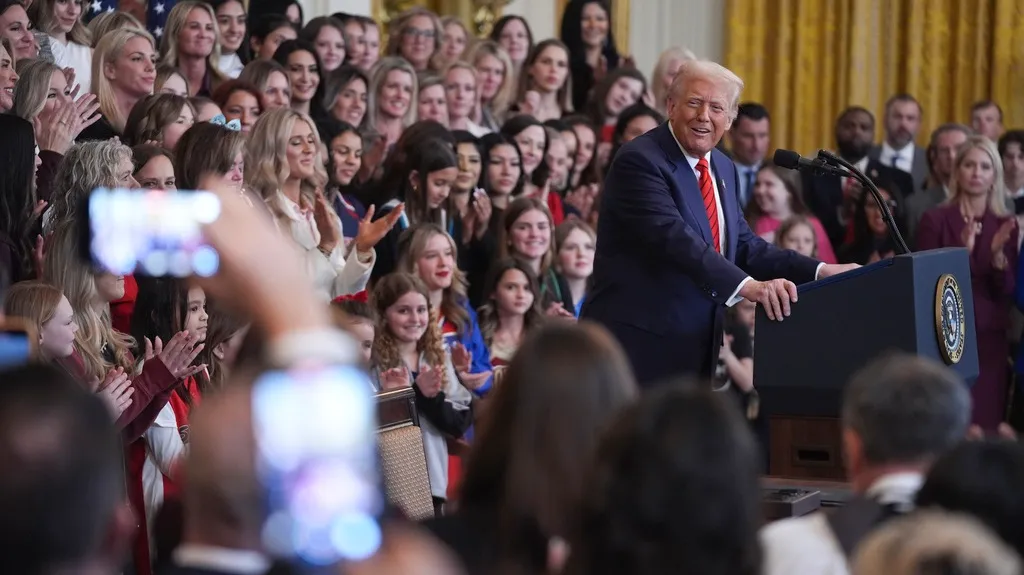January 24, 2014
'Second Sentence' Becomes Focus in Ind. Marriage Fight
Bobby McGuire READ TIME: 3 MIN.
INDIANAPOLIS - As Indiana's gay marriage battle advanced to the House this week, opponents of a constitutional ban refocused their efforts on the wording of the measure in an effort to forestall an all-out ballot war through November.
The House Elections and Apportionment Committee voted along party lines Wednesday night to approve the ban. But opponents recalibrated Thursday with a new focus on the expansive language in the ban's so-called "second sentence" that's prompted concern from both parties.
A constitutional ban on gay marriage is still perceived to have strong support in the Republican-controlled Indiana House, but current legislation goes two steps further than that, barring any future approval of civil unions and potentially banning employer benefits for same-sex couples.
Having failed to kill the ban in committee, opponents are now seizing on the second sentence as their best hope of spiking the amendment.
"Just like anything in the legislative process, there are a hundred ways to kill a bill. We've gone through two of them," said Megan Robertson, campaign manager for Freedom Indiana, the umbrella group representing opponents. "If it were up to me, we would've killed it in Judiciary, and we would just beat it outright. But there are a lot of ways to kill it, and the second sentence could be a part of that."
The first test could come as soon as Monday, when the House returns to work. The marriage ban could be amended by lawmakers at that point, and could see a final vote as soon as Tuesday.
House Speaker Brian Bosma, R-Indianapolis, stepped in front on the issue this week, moving the measure between committees because the first committee did not have the votes to bring the measure to the full House floor. House Democrats protested the move Thursday, dubbing the speaker's decision to move a bill to a friendlier committee an unprecedented "mulligan."
Rep. Matt Pierce, D-Bloomington, sought a rare vote on the formal approval of the House election committee's Wednesday night vote, but House Republicans beat back the tactic 67-30. The speaker defended his decision Thursday, arguing again that no single lawmaker should be allowed to stop the measure from reaching a full vote.
On many other measures, changing the wording would have minimal impact. But altering the language of the proposed constitutional amendment has the potential to "reset" the multi-year process supporters launched in 2011. Amending the state constitution requires passage through two consecutive two-year meetings of the General Assembly, followed by approval of the voters.
Legislative lawyers have told Republican leaders that changing the wording could restart that process, effectively making the 2016 the earliest that voters would see the measure. Republican Gov. Mike Pence, who is up for re-election in 2016, hinted at the political peril of appearing on the ballot with the marriage amendment when he included a line in his State of the State address asking lawmakers to settle the issue this year.
The maneuvering by lawmakers would have been unthinkable just three years ago, when a broad bipartisan group of House members first approved the ban 70-26. But a shift in national attitudes on gay marriage has spurred some supporters, from both parties, to reconsider their previous votes.
Rep. Casey Cox, R-Fort Wayne, said his vote in committee in favor of the amendment Wednesday night was only meant to advance the measure to the full House. He said he would like to see the second sentence of the amendment removed.
"If it remains intact, I certainly reserve the right to vote 'no' on third reading," Cox said.


